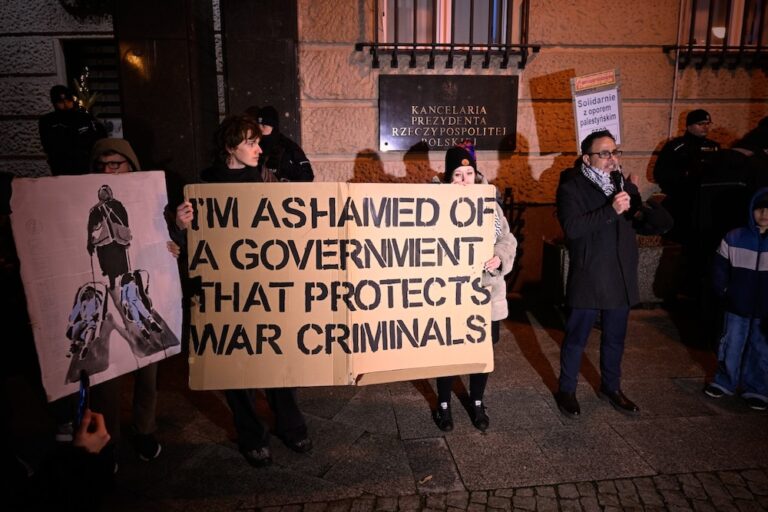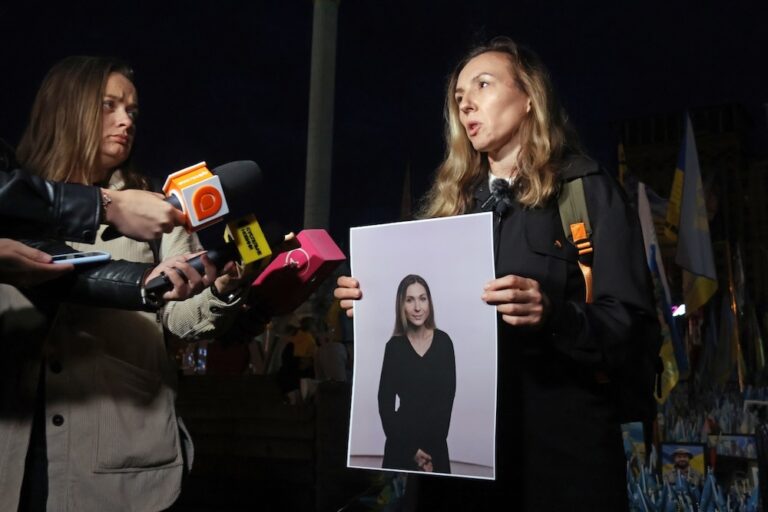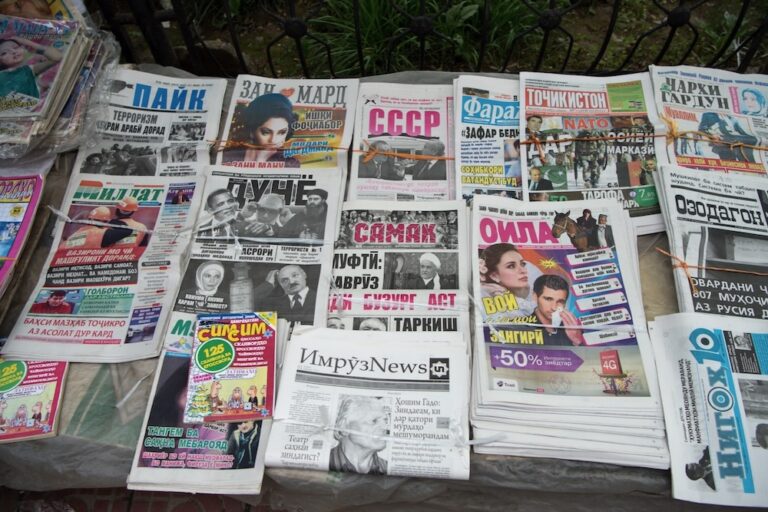SEEMO noted that a number of journalists' murders remain unsolved and the media face ongoing physical and verbal threats, especially during pre-election periods.
(IPI/IFEX) – Vienna, May 2, 2012 – “The struggle for press freedom is a continuing endeavour”, Oliver Vujovic, secretary general of the South East Europe Media Organisation (SEEMO), an affiliate of the International Press Institute (IPI), declared today in recognition of this year’s World Press Freedom Day, which falls on May 3.
Politicians in the region monitored by SEEMO – Albania, Belarus, Bosnia and Herzegovina, Bulgaria, Croatia, Cyprus, The Czech Republic, Greece, Hungary, Kosovo, Moldova, Montenegro, the Republic of Macedonia / FYROM, Poland, Romania, Serbia, Slovakia, Slovenia, Turkey and Ukraine – claim to respect press freedom and yet journalists are detained, and physically and verbally attacked, media property is destroyed, pressure on journalists continues and self-censorship appears to be the norm. In some countries, media ownership is not transparent. In 2011, SEEMO registered 684 press freedom violations.
The organisation noted that a number of journalists’ murders in the region – some more than 10 years old – remain unsolved.
Rough police methods with reporters covering demonstrations and protests have sent journalists to hospitals, and some reporters have suffered long-term consequences.
Physical and verbal threats, especially in smaller towns, have not diminished and they seem to intensify incrementally during pre-election periods. Political pressure is exerted through different methods: from public condemnation to discrete bribe offers. Business pressure comes as a direct threat or through indirect methods like the withdrawal of advertising. Economic crises and decreased profits have resulted in a deteriorating terms of employment for many reporters, obliging them to work for meagre salaries and often without any stable employment contracts. In these circumstances, reporters are not motivated to engage in quality journalism or pursue investigative reporting.
These negative trends have, however, been accompanied by a growing online media market and relative freedom of expression for its users.
In order to document press freedom developments, SEEMO runs four country-specific web portals (focusing on Belarus, Hungary, Macedonia and Turkey) with regular updates of media-related news and debates. By autumn 2012, SEEMO will be running 20 country-specific press freedom portals.
“I call on the authorities to put their rhetoric in favour of press freedom into action: resolve unsolved murder cases, find the perpetrators of different attacks against journalists, protect journalists from all forms of pressure and guarantee a free and democratic environment for the media”, Vujovic declared.


